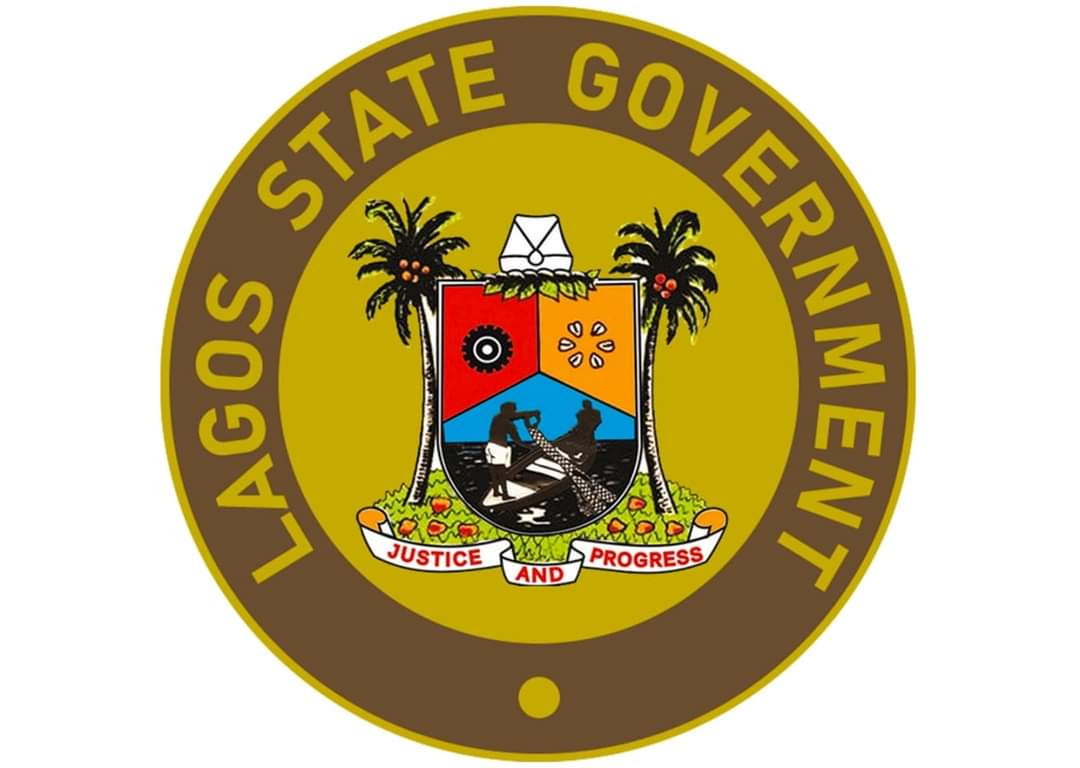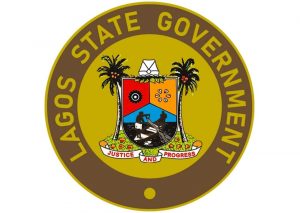
LAGOS STATE GOVT PARTNERS SMEDAN ON DATA COLLECTION FOR STATE GDP

The Lagos State Government, in collaboration with the Lagos Bureau of Statistics (LBS) and the Small and Medium Enterprises Development Agency of Nigeria (SMEDAN), has urged the informal sector to provide accurate data that reflects the state’s true Gross Domestic Product (GDP).
This appeal was made during a two-day Stakeholders’ Forum on Economic Data Performance in Lagos. The event, organized by the Lagos Bureau of Statistics under the Ministry of Economic Planning and Budget, was recently held at the Lagos Chamber of Commerce and Industry (LCCI) in Ikeja.
Speaking at the forum, Mrs. Olayinka Modupe Ojo, the Permanent Secretary of the Ministry of Economic Planning and Budget, highlighted the significant role the informal sector plays in sustaining livelihoods and contributing to the GDP. However, she noted that its contributions have not been adequately captured in the state’s GDP computations.
Her words, “The informal sector plays a critical role in our economy, providing livelihoods for millions and contributing substantially to GDP. It is a sector marked by resilience, ingenuity, and adaptability, often thriving even under challenging circumstances.
“Despite its undeniable importance, the informal sector remains underrepresented in economic data and planning, limiting its potential for growth and integration into the broader economic framework”, she added.
According to her, capturing accurate data on the informal sector has been a persistent challenge because of the diverse, decentralized, and often undocumented nature of the sector, stating that the forum provides a unique opportunity to address the gap by engaging stakeholders
from across the spectrum – government, academia, civil society, and the informal sector itself.
Dr. Olubunmi Kole-Dawodu, the Lagos State Manager, Small and Medium Enterprises Development Agency of Nigeria (SMEDAN), in his paper presentation, said lots of affairs occur in the informal sector that could enhance the economic progression of the State, urging the government to harness the full opportunities in the sector.
He said, “We know that a lot of activities run within that sector, a lot of value including employment creation, revenue generation, income generation for their employees and all that. We want to harness all the blessings that come with that sector. This is a whole sector that the government has not been looking at completely.
“The number of informal businesses in Lagos alone is above 50 million which means that some people run two or three businesses informally. Some are not registered officially, some do not have tax identification numbers, and so whatever they do is just informal or semi-formal in some cases”.
Kole-Dawodu added that the informal sector faces challenges like ‘lack of formal recognition and limited access to resources’ as a result of inaccurate data on the sector, therefore, the event provides an avenue to call on the government to cater for intervention for the sector.
A Retired Director at the National Bureau of Statistics (NBS), Chief Emeka Ofili said, “The entire economy is made up of both the formal and informal sector. However, the GDP that is being compiled is significantly from the formal sector. While the informal sector, which contributes a substantial part of it, is not being covered”.
The Ex-Bureau Chief noted that Lagos State will show the correct size of its economy with this giant step to incorporate the informal sector data into the computation of the State’s GDP.
![]()
